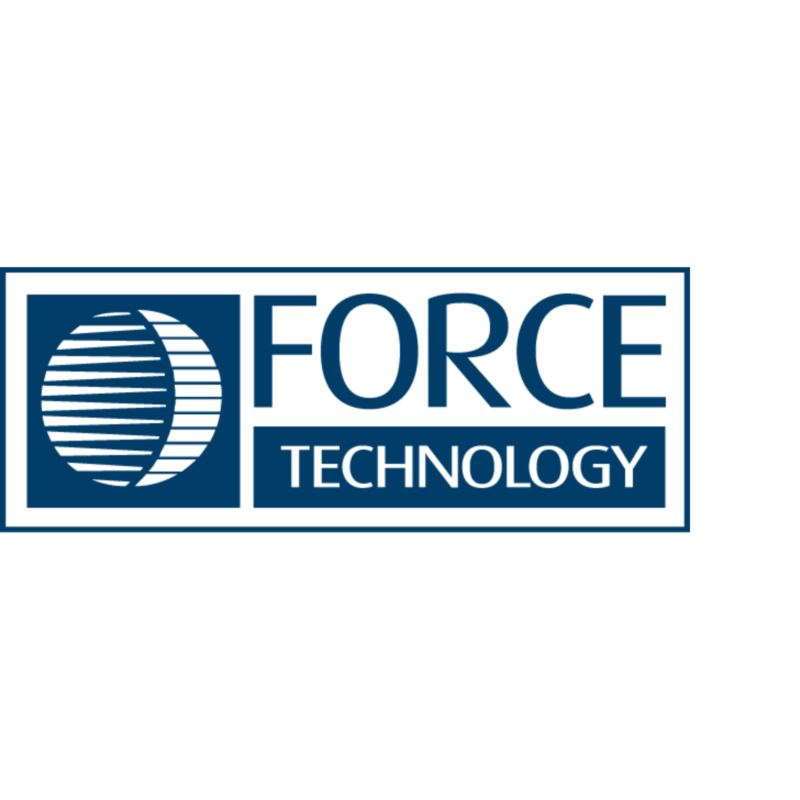Today, organizations of all types and sizes collect and store huge amounts of every kind of data. But data doesn’t have any inherent value itself. It only gains value when it’s shared and transformed into insights, applications, and services. Sharing data brings huge economic and societal benefits. But for organizations to feel comfortable sharing data, they must be able to trust the organizations they are interacting with. IDS certification helps to bridge the trust gap.
IDSA Working Group Certification
Basically, certification means that a company or organization meets specific security criteria agreed within the International Data Spaces Association (IDSA) with respect to a particular component or operational environment. Components and participants of data spaces that work according to these standards can demonstrate this with an IDS certificate.
The certification scheme was developed by the IDSA Working Group Certification. The main goal of the working group is to build trust in IDS, in the underlying technologies, and in the companies involved in this endeavor. A lot of organizations and companies have joined the working group in the last years. They all contributed to the IDS and many actively work on open-source projects to adopt the standard.
An IDS connector, for example, is based on a complex software stack. Developers must integrate the functional requirements of their infrastructure and different kinds of services allowing them to process data according to the expectations. While many requirements are based on best practices, their correct implementation needs to be ensured.
Above all that, interoperability with other IDS components is crucial. Certification ensures that all components of an IDS ecosystem can interact with each other. In other words: it makes sure that IDS is fully interoperable.
Trust in the certification standard
The assessment of a developer’s connector implementation verifies that it meets all IDS certification requirements. For the applicant, this means that they must develop an implementation in line with the IDS certification criteria so that they can see what technical requirements their connector must live up to. IDS certification is not limited to components. The certification can also be granted to companies about their operational environment.
Many organizations will not perform these assessments themselves. That is why transparent processes are so valuable. They enable certification by independent third parties and help reduce the time and effort required for an organization to prove its own trustworthiness. In this way, they reduce the transaction costs associated with accessing, using, and sharing data.
Certification helps to scale trust in a data ecosystem. Participants of such an ecosystem do not need to assess the trustworthiness of every other participant. They only need to trust the common standards that others are expected to meet. Certification thereby improves the value and sustainability of data-sharing ecosystems.
“Trust all the Way” will also be the motto of the IDSA Winter Days on February 16 and 17, 2022. Save your participation now: https://hopin.com/events/idsa-winterdays-2022-trust-all-the-way










